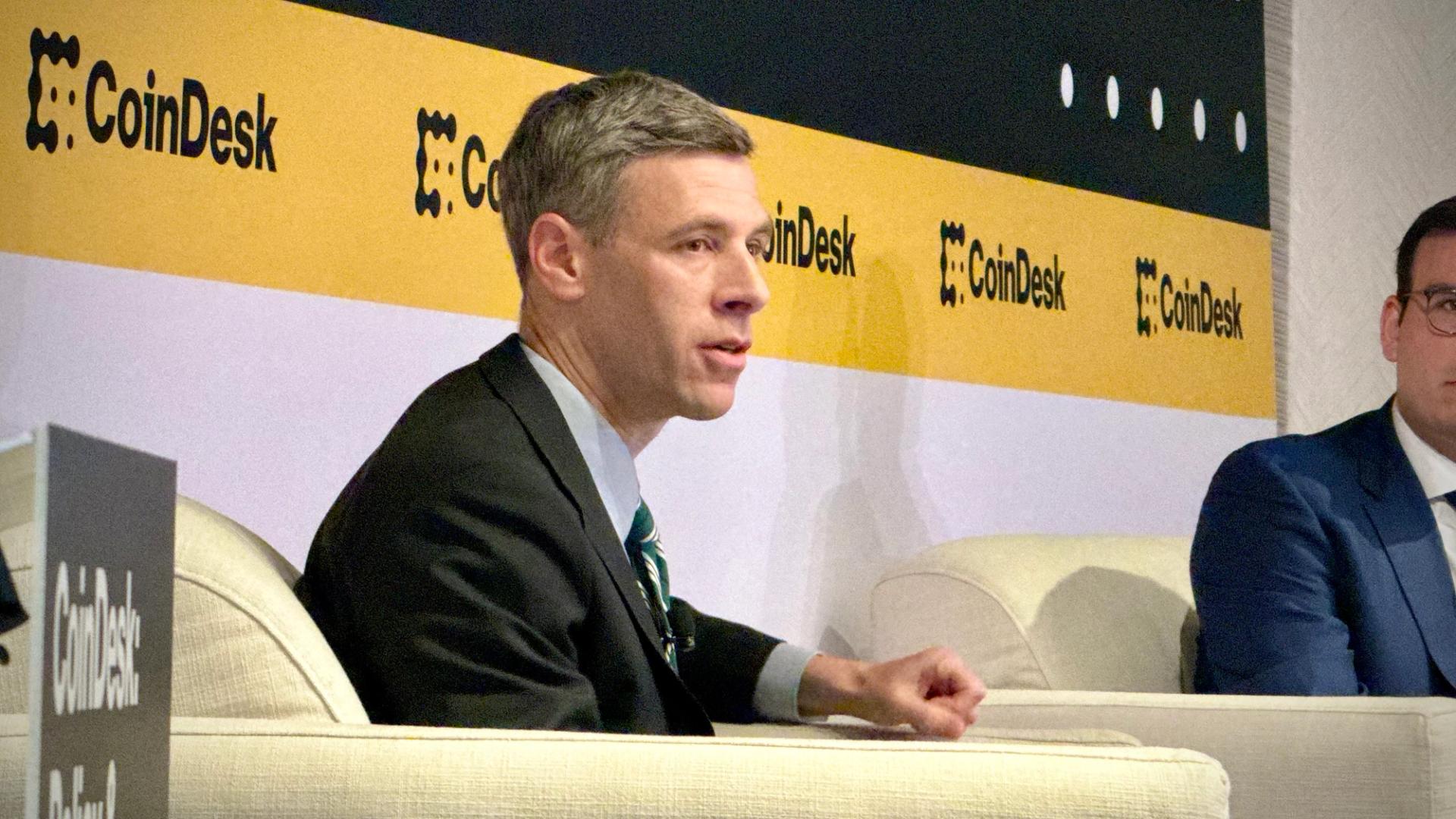“One of the biggest advocacy groups for banking in the US has asked the Office of the Comptroller of the Currency to dismiss Coinbase’s licensing effort.”, — write: www.coindesk.com
The Independent Community Bankers of America, an influential group that focuses on the policy needs of thousands of smaller institutions, authored this latest attempt by the US banking sector to throw up objections to the forays of the crypto industry into overlapping territory once controlled entirely by traditional bankers. Its Tuesday letter to the OCC said it “strongly” opposed Coinbase’s effort, which it said fails “on multiple independent grounds, each of which is disqualifying under the OCC’s statutory chartering standards.”
This follows a similar effort last week from the Wall Street lobbying group Bank Policy Institute opposing trust applications from several other crypto-tied firms, including Ripple, Circle and Paxos. BPI also directly targeted Coinbase, as well, in a further effort on Monday.
The ICBA letter argues that Coinbase’s trust bank would struggle to operate at a profit in a bear market, the OCC would face difficulties in safely dissolving the trust if it failed and that Coinbase National Trust Co. would rely on “demonstrably flawed risk and control functions.” The organization also contended that the OCC’s so-called interpretive letter that’s used as a basis for the exchange’s application wasn’t issued properly.
The ICBA asked that the national bank regulator deny Coinbase’s application, or at least expand the portions of Coinbase’s application materials available for public viewing and hold a public hearing to examine it. BPI made a number of similar claims about the other firms.
Paul Grewal, Coinbase’s chief legal officer, posted a response on social media site X, accusing the bankers of “trying to dig regulatory moats to protect their own.”
“Imagine opposing a regulated trust charter because you prefer crypto to remain … unregulated,” he wrote. “That’s ICBA’s position.”
A spokesperson at the OCC did not immediately respond to a request for comment on the ICBA’s letter.
The largest US-based digital assets exchange — whose CEO, Brian Armstrong, has been a routine White House guest at recent crypto policy events — sought the charter last month in an effort to expand services such as payments and settlements and to ease the demands that its new financial services face approvals in 50 separate state jurisdictions. The company said it didn’t have any designs on being a full-service bank.
“This application fails to meet statutory chartering standards, presents compounding safety and soundness risks and would set a dangerous precedent for the structure of the US banking system,” according to the letter, signed by ICBA’s Brian Laverdure, senior vice president for digital assets and innovation policy.
The OCC has its permanent chief at the helm after the confirmation of Jonathan Gould, who was a former chief legal officer for Bitfury and has been a critic of the crypto sector’s treatment by banks reluctant to do business with the emerging industry. Gould is among only a few of pro-crypto President Donald Trump’s financial regulators to be confirmed by the Senate, so far, although the first year of the president’s four-year term is waning.
Read More: Wall Street Joins Consumer Advocates to Call for Edit to GENIUS Act on Stablecoins
UPDATE (November 4, 2025, 19:24 UTC): Adds response from Coinbase posted on X.
UPDATE (November 4, 2025, 20:40 UTC): Adds additional letter from BPI regarding Coinbase.
 A deep dive into Zcash’s zero-knowledge architecture, shielded transaction growth, and its path to becoming encrypted Bitcoin at scale.
A deep dive into Zcash’s zero-knowledge architecture, shielded transaction growth, and its path to becoming encrypted Bitcoin at scale.
- Shielded adoption surgedwith 20–25% of circulating ZEC now held in encrypted addresses and 30% of transactions involving the shielded pool.
- The Zashi wallet made shielded transfers the default, pushing privacy from optional to standard practice.
- Project Tachyonled by Sean Bowe, aims to boost throughput to thousands of private transactions per second.
- Zcash surpassed Monero in market share, becoming the largest privacy-focused cryptocurrency by capitalization.
View Full Report
 The former FTX CEO, who is currently serving a 25-year sentence for fraud, has repeatedly claimed that the crypto exchange was solvent at the time of its bankruptcy.
The former FTX CEO, who is currently serving a 25-year sentence for fraud, has repeatedly claimed that the crypto exchange was solvent at the time of its bankruptcy.
- Former FTX CEO Sam Bankman-Fried’s appeal for a new trial was met with skepticism from appellate judges on Tuesday.
- Bankman-Fried’s defense attorney Alexandra Shapiro argued that he was not allowed to present evidence of FTX’s solvency and the involvement of lawyers, impacting the outcome of his case.
- Prosecutors maintain that overwhelming evidence of fraud was presented at trial.
Read full story
